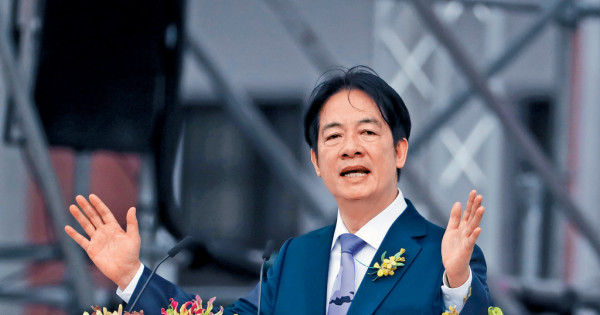Tension and Defense: Taiwan's Leader Advocates Sovereignty
The inauguration of Taiwan's new leader, Lai Ching-te, has provoked reactions from the mainland, underlining the tension and defense posture echoed by both sides in East Asia.
Published May 21, 2024 - 00:05am

Image recovered from std.stheadline.com
On May 21, 2024, Lai Ching-te was sworn in as the new leader of Taiwan, signaling a continuation of the island's strong stance on independence and further straining the already tense relations with mainland China. Lai Ching-te's inauguration speech, heavier on the rhetoric of sovereignty than his predecessor Tsai Ing-wen, emphasized that the Republic of China (Taiwan) and the People's Republic of China were not subordinate to each other, explicitly considering 'Taiwan' a name for the nation. His remarks prompted a stiff response from China's Taiwan Affairs Office, denouncing the speech as a dangerous signal of separatism.
In the broader context of cross-strait relations, Lai inherits a solid foreign policy position but faces political gridlock at home. Despite the Democratic Progressive Party losing its legislative majority, Lai is committed to following Tsai's balanced approach between strengthening ties with the United States while maintaining peace with China. However, China has shown its disapproval by sanctioning American defense firms supplying weapons to Taiwan. This action aligns with China's stance that any attempts at Taiwanese independence will inevitably fail, and its endeavors towards complete unification are unwavering.
Taiwan's new leadership calls for dialogue and a peaceful resolution to the strait's tensions while preparing to bolster its defense capabilities. The global community watches closely as Taiwan navigates its complex identity, democratic values, international relationships, especially with the US, and the formidable challenge of Chinese assertiveness.







